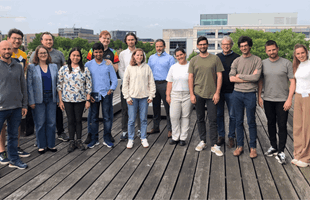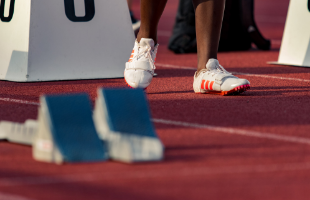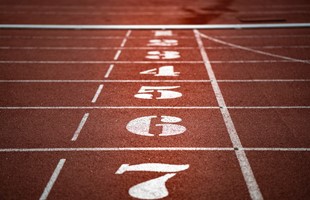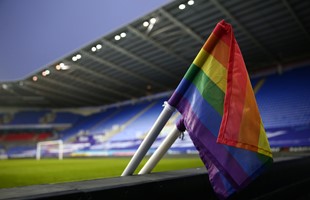The relevance of sexual orientation and gender identity in sport in Europe
11 Sep 2020
Author - Tobias Menzel, Birgit Braumüller, Ilse Hartmann-Tews
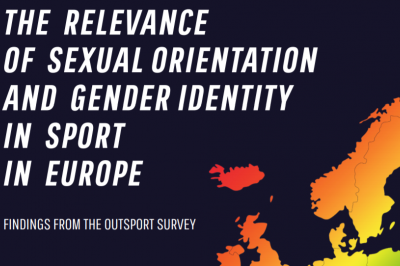
The OUTSPORT project is co-financed by the European Commission through the Erasmus Plus program. It involves five European partner organisations: Italian Association for Culture and Sport (AICS), LEAP Sports Scotland (LEAP), German Sport University Cologne (DSHS), Vienna Institute for International Dialogue and Cooperation (VIDC), Organisation for Fresh Ideas, Hungary (FRIGO).
The project seeks to address homophobia, biphobia, transphobia, and interphobia1 in sport through communication, awareness raising, training, scientific research, and by using sport itself as a tool. The main goals of the project are:
Raising awareness about discrimination in sport based on sexual orientation and/or gender identity through information and awareness-raising campaigns.
Improving good governance in sport (organisations) specifically in relation to discrimination based on sexual orientation and/or gender identity.
Fostering capacity-building and education against intolerance and discrimination for coaches and staff of organisations by developing a training toolkit for sports operators, which will empower them to promote an innovative approach to tackling hate crime and discrimination based on sexual orientation and/ or gender identity in sport.
Promoting sport itself as a tool for the prevention of discrimination, bullying and hate crime based on sexual orientation and/or gender identity.
Developing and proposing new guidelines concerning LGBTI 2 rights for inclusion in the next EU Work Plan for Sport.
The research component of the OUTSPORT project, led by the German Sport University Cologne, is of fundamental importance to achieving the main project goals. OUTSPORT is the first initiative at the European level to gather scientific evidence on the phenomena of homophobia/transphobia in the field of sport.
The first objective of our research is to collect reliable data on experiences of discrimination related to LGBTI* sexual orientation and gender identity in different fields of sport in Europe (the quantitative part of the research). The second aim is to explore the role of relevant stakeholders in the field of sport in tackling discrimination and homophobia/transphobia in sport (the qualitative part of the research). This report presents selected results from the quantitative research, the OUTSPORT Survey 2018.
The present report is a commented overview of selected results, and the purpose of this report is to present the core findings of the survey in a transparent and understandable way. Differences with regard to the five project countries are displayed in the tables/ figures but are not further elaborated because of the complexity and individuality of each country’s politics and sports culture, and because of the limited space of the report. A comparative analysis will be published at a later date. Differences with regard to gender identity and sexual orientation are mentioned in the corresponding sections in the text and, for the most part, are not presented in additional tables/figures.
Access here: The relevance of sexual orientation and gender identity in sport in Europe
